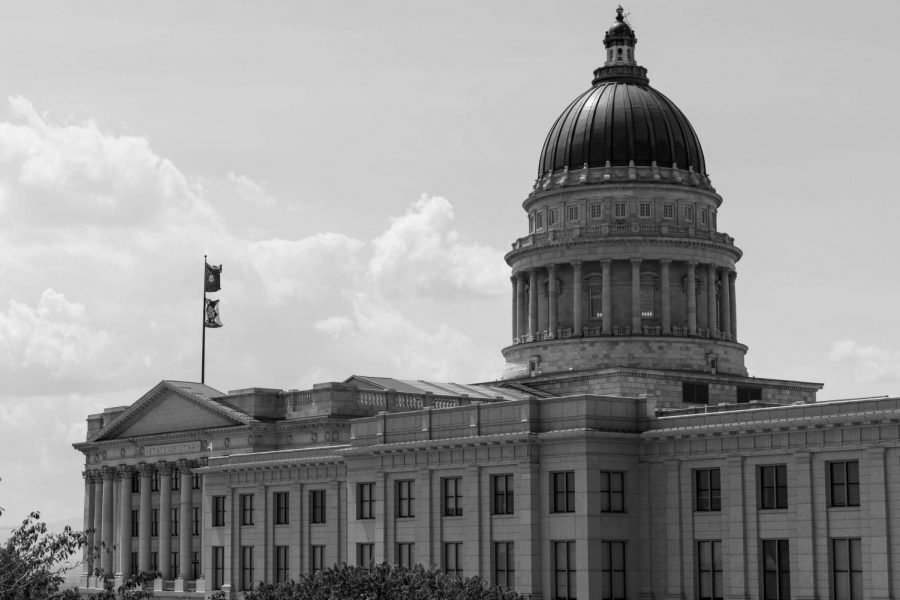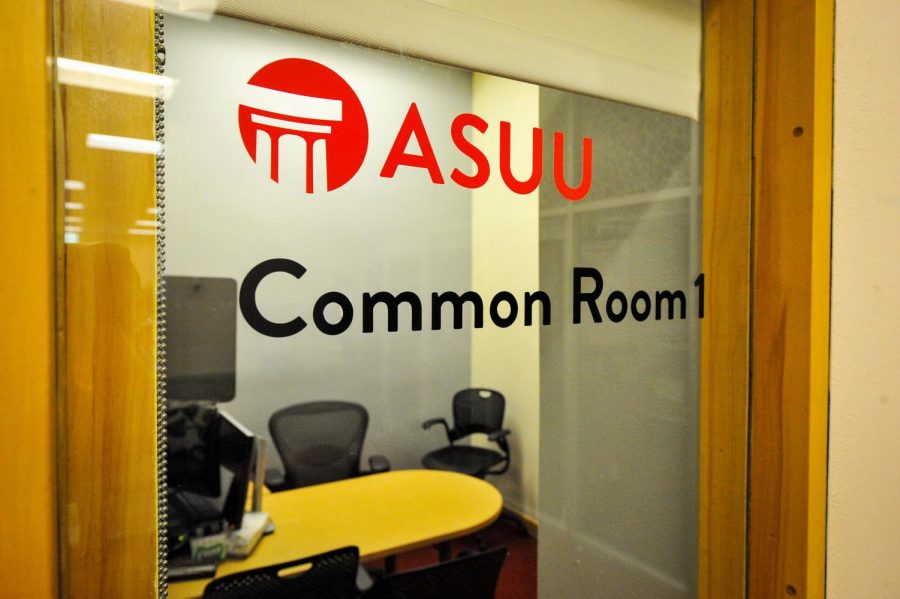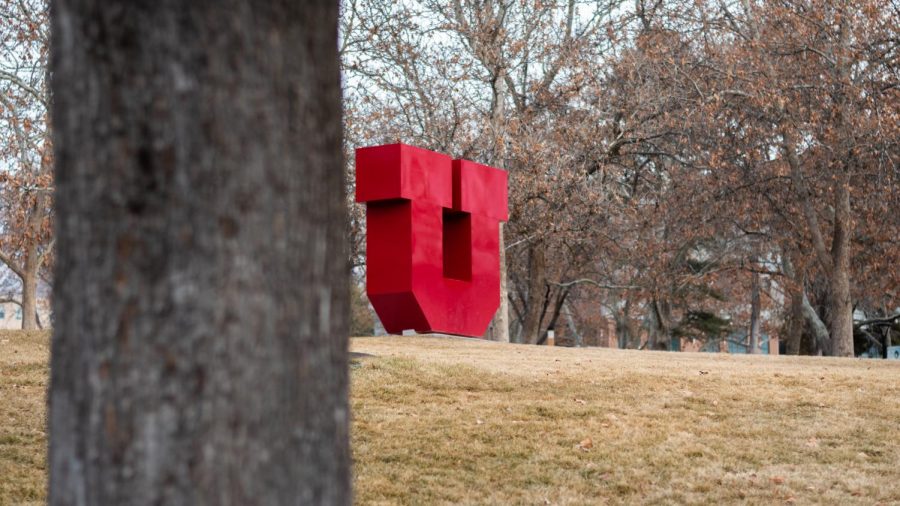The 2023 Utah Legislative Session: The Issues That Will be Addressed
A view of the Utah State Capitol Building in Salt Lake City on Aug. 21, 2021. (Photo by Kevin Cody | The Daily Utah Chronicle)
January 20, 2023
The Utah Legislative Session began on Jan. 17 of this year, and lawmakers have already begun addressing their main priorities for this 45-day period. Creating water and housing affordability, as well as returning a large number of taxpayer dollars to the residents of Utah, were the main issues acknowledged on the first day, according to Deseret News.
During legislative sessions throughout the years, the state budget and the usual issues related to the budget, like education, are consistently brought up, and will likely be a main talking point this year as well, said Dave Buhler, regents professor in the department of political science at the U.
“The state has a lot of money to spend, huge surpluses, and so that’s good news, but where they spend that will be where it gets interesting,” Buhler said. “I’m sure there’ll be a big emphasis on education, particularly K-12. I’m sure folks from the U of U will be advocating for higher ed to get funding, especially to help improve faculty and staff salaries.”
Matthew Burbank, a professor in the department of political science at the University of Utah, said that while these typical issues will continue to be addressed this year, he expects to see some more emphasis on new budget-related issues as well, such as water policy.
“[We are likely to see] some issues that traditionally have not been considered in the budget process that likely will be this time around, particularly water policy, and what to do about the Great Salt Lake,” Burbank said.
According to Burbank, legislation related to the Great Salt Lake has only recently been addressed due to how visible the lake’s shrinking has become, whereas in previous legislative sessions legislators avoided this problem to stay out of political trouble.
“I don’t think they were in any way, shape or form interested in raising really difficult questions about what water policy should look like, how much of it should go to development, how much of it should go to agriculture …” Burbank said. “Those are all the kinds of issues that legislators did not want to raise.”
Another issue Buhler expects to see a huge focus on during the legislative session this year is tax cuts, specifically income tax cuts for Utah residents, and this subject is one that politicians have been discussing for quite some time.
“The governor’s proposed some tax cuts, and legislators are talking about bigger tax cuts,” Buhler said. “Where that ends up, whether they’re permanent, whether they’re like a tax rebate, which taxes are cut or how much, that will be a very interesting discussion.”
New People, New Discussions
Since the midterm elections happened last November, 17 of the state’s 104 lawmakers are entering their first legislative session this year, including state Rep. Tyler Clancy, state Sen. Nate Blouin and state Sen. Jen Plumb, according to the Salt Lake Tribune.
With these new faces, Burbank said that a more diverse array of issues have a small chance at being part of the discussion, but even if these bills do come up, they likely won’t make it through. Instead, they will likely be used as a tool for these new lawmakers to build their reputations.
“In general, in most legislative sessions when those [issues] come up, they usually get defeated, but not always,” Burbank said. “I suspect we’ll see more legislation around this issue of transgender students in public schools or about medical care. I’m suspecting that those kinds of issues will come up again.”
On the other hand, because of the Republican majority in the Senate and House of Representatives in the Utah Legislature, Buhler said that there will be little to no change in the session, even with the position changes that occurred this year.
“Representative Angela Romero from Salt Lake City was elected as the House Minority Leader,” Buhler said. “They’ll be new in those roles. There’ll be some changes there. But there are veteran legislators that’ve been involved in leadership before so I don’t see any big changes there, even on the Democratic side.”
Former Sen. Karen Mayne resigned earlier this year after serving for 15 years, citing health reasons. In a special election that took place earlier this week, state Rep. Karen Kwan replaced Mayne.
While the Utah legislative session will likely be similar to how it was in previous years, knowing exactly what is going to happen is hard to predict, said Buhler.
“Every legislative session is the same and every legislative session is different,” Buhler said. “They’re very similar but sometimes they have their own personality, and it’s hard to know in advance exactly how things are going to go.”








